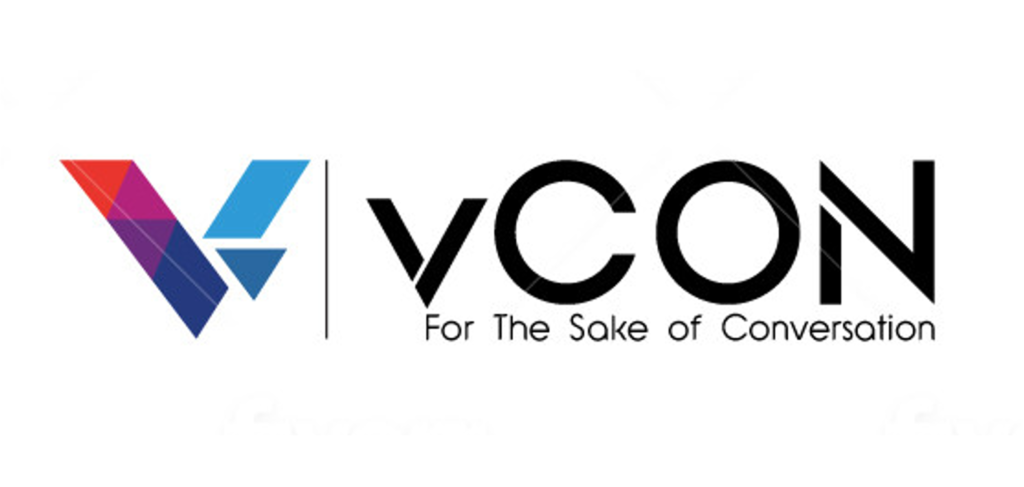
vCon (Github link) is an open standard for conversation data. In December 2021 Thomas Howe, CTO of STROLID, introduced vCon in a keynote.
Here is the link to the vCon white paper on Github, and below is the vCon white paper on Slideshare to also view and download. Yes, the white paper is a little long, but we’re not making the mistake of only selling the vCon idea to other technologists. We’ve included use cases, analogies, and industry impact to help convince marketing, product management, strategy, sales, and the management team of the importance of vCon to the whole communications industry.
On Thursday June 9th at 11AM ET / 8AM PT / 4PM UK / 5PM CET we ran a vCon Workshop. Below is the video and slides from the event. The agenda was:
- Welcome and Intro from Thomas
- vCon Walkthrough from Dan and Thomas
- Use Cases, Analogies, Strategic Importance
- Call to Action: Please provide feedback and become a contributor.
- Q&A
Check out the vCon github repository and get involved, it’s open to everyone.
Here is a quick summary of the workshop:
vCon is based on the need Thomas Howe had to exchange conversation data. He’s built an implementation with Dan Petrie for STROLID. vCon is a file format that contains and describes a single conversation between two or more people.
Its features include: defining the conversation, file format, shareable, lossless, metadata of the conversation, and tamper-proof.
Dan Miller asked in the workshop, are conversation bots included? The answer is yes, generally at least one party will be a human. The vCon white paper has a fuller definition that will be published by the end of the month (June). In this workshop we are introducing the concept. A great analogy for vCon is PDF. A file format that has enabled documents to be easily shared and an ecosystem of tools to be created around that file format.
vCon defines itself, the content, e.g. audio and / or a transcription, and the identity of the people involved. It can either contain the content of the conversation or point to it. Of course, some conversations like this vCon workshop are much more complex, where content presented (slides) could also be included.
vCon is based on JSON. A vCon is tamper proof by being digitally signed using JOSE (JSON Object Signing and Encryption) JWS (JSON Web Signature) RFC 7515. Because a vCon can either contain the content or point to it, the media and the vCon can be signed separately.
Thomas reviewed some great use cases across enabling conversation data to be exchanged between platforms, the ability to use metadata to compare vendors’ performance, PII compliance, and tools he and Dan are building to process vCons. In the discussion Dom from W3C raised a good point the need for simplicity in standardization. So its great we’re having this discussion now.
On plans and Call to Action:
- Please contribute to the open source vCon project. Adapters for your favorite CPaaS, UCaaS, CCaaS, programmable communications applications, analytics engines, and machine learning platforms.
- Please support the standardization effort – this is an industry movement.
- We plan to publish the vCon white paper by the end of June.
- At TADSummit 2022 8/9 Nov, we have a vCon workshop covering: the latest on the project, sharing implementation and deployment experiences
Super good to see so many friends on that call.